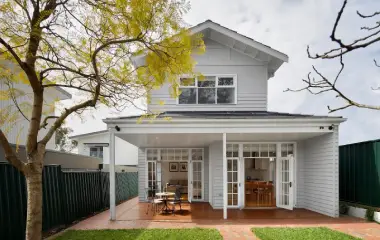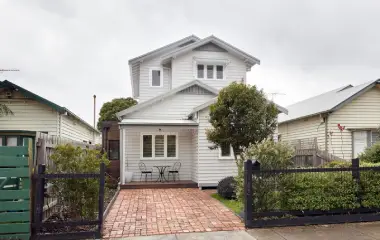It’s known as the Great Australian Dream – the chance to live in and purchase your own home. This was a concept that was a strong theme of the 1950’s and 1960’s.
Whatever your thoughts are on that given the state of the current property market in Melbourne and Sydney there are good reasons why you would hold a high proportion of your wealth in your principle place of residence.
Having a more valuable asset now means that it will increase at a proportionally higher rate over time.
Our taxation system encourages this through one of the few exemptions available to taxpayers on capital gains. Capital Gains Tax is payable where you have a capital asset that is sold for a figure greater than its cost – typically this applies to businesses, shares and investment properties. So why doesn’t it apply to your main residence – in some parts of the world it does!
This exemption is clearly available for the benefit of homeowners and is a great incentive for you to invest greater amounts into this asset class in favour of other assets. Doing an extension to your home adds value to your overall wealth.
In the Melbourne property market, if you are applying for finance, banks will use a valuer to perform a valuation on your home. One of the factors they take into account is the accomodation that the home offers. Doing an extension to your home and adding a couple of bedrooms will help achieve a greater valuation.
Also, over time the money spent on your home extension will increase the overall value of your home at a higher rate than a property that has not been improved.
There are other incentives. State Government Land Tax does not apply to a property if it is the taxpayer’s principal place of residence. Similarly there are exemptions from including the value of your home in the calculation of many Centrelink benefits.
The downside is that even though your PPR is exempt from tax, any interest incurred on a debt incurred is not tax deductible. You should always speak to your tax professional to ensure that you maximise the tax effectiveness of assets you own and debts that you owe.





.webp)











